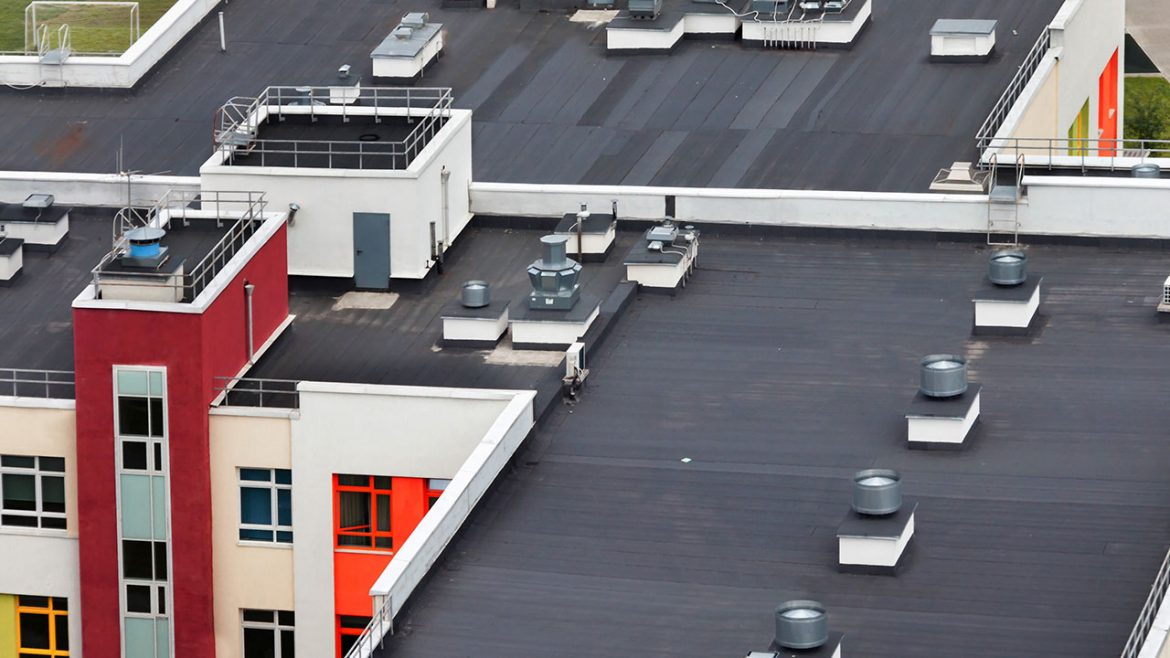Explaining Cool Roof Systems and Their Benefits for Commercial Buildings
Commercial buildings and large facilities are always looking for ways to save energy—especially in the summer. While many building managers may look inside for an energy-efficient swap, they don’t always know to look outside their building and at their roofing system. Investing in a cool roof can help buildings reduce energy bills, air conditioning needs, and indoor temperatures.
What is a Cool Roof?
A cool roof is designed to reflect sunlight and absorb less heat than a standard roof. Any type of roofing system can be transformed into a cool roof, but it’s mostly beneficial to buildings located in areas that experience high temperatures. It can also help older buildings where central air conditioning cannot be installed.
What is a Cool Roof Made of?
Cool roofs can be made of several different materials, depending on the existing roofing system. These materials include a highly reflective type of paint, a sheet covering, or highly reflective tiles or shingles. In some cases, the existing roof system does not have to undergo a complete replacement, rather only its top layer.
Do Cool Roofs Work?
Yes, cool roofs do work! Cool roofs absorb sunlight and heat without distributing it inside the building or back into the air. Under the same conditions, a cool roof could stay more than 50°F cooler than a standard or dark roof, which can reach temperatures of 150°F or more.
The Benefits of Cool Roofs
- Reduce energy bills and air conditioning needs
- Improve indoor temperature conditions
- Decrease roof temperature which can help increase its longevity
- Reduce local air temperature to help the environment
How to Install a Cool Roof for Commercial Buildings
When looking to install a cool roof for commercial buildings, contact a trusted roofing company. A professional roofer can perform an on-site inspection of your building’s roof to determine which of the following options will be the most energy and cost-efficient:
- Retrofit the roof with heat-reflective material
- Recover the roof with a waterproof surface
- Total roof replacement
To get started with a cool roof installation, contact PB Roofing. We service commercial buildings across the east coast and are experienced in performing cool roof coatings.

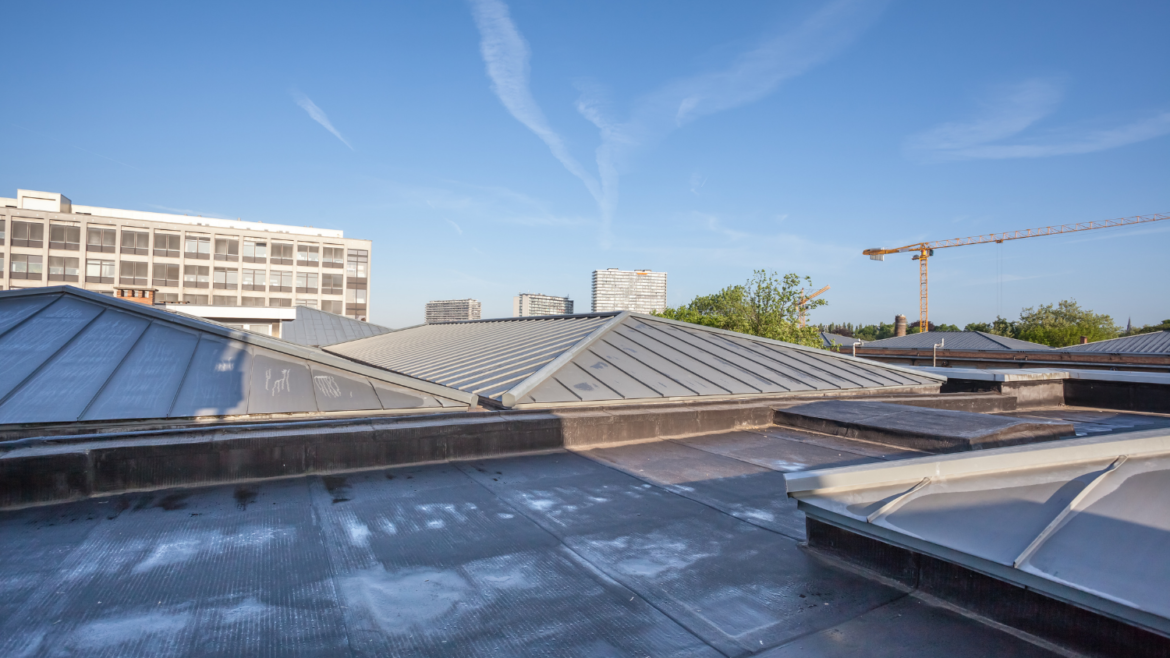
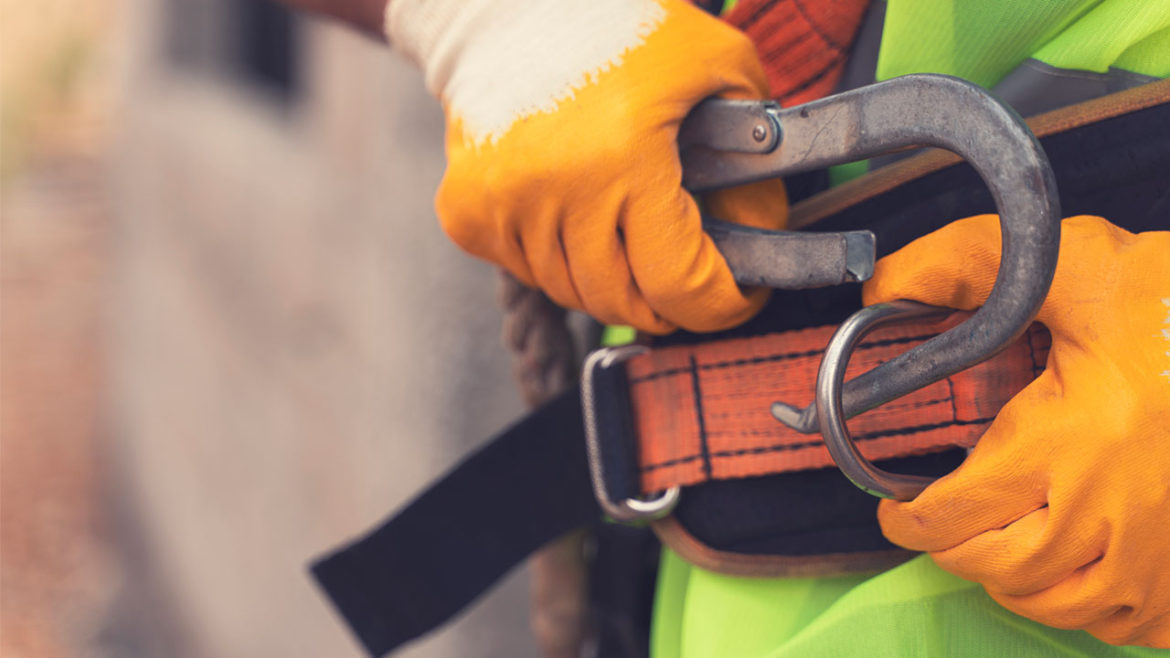
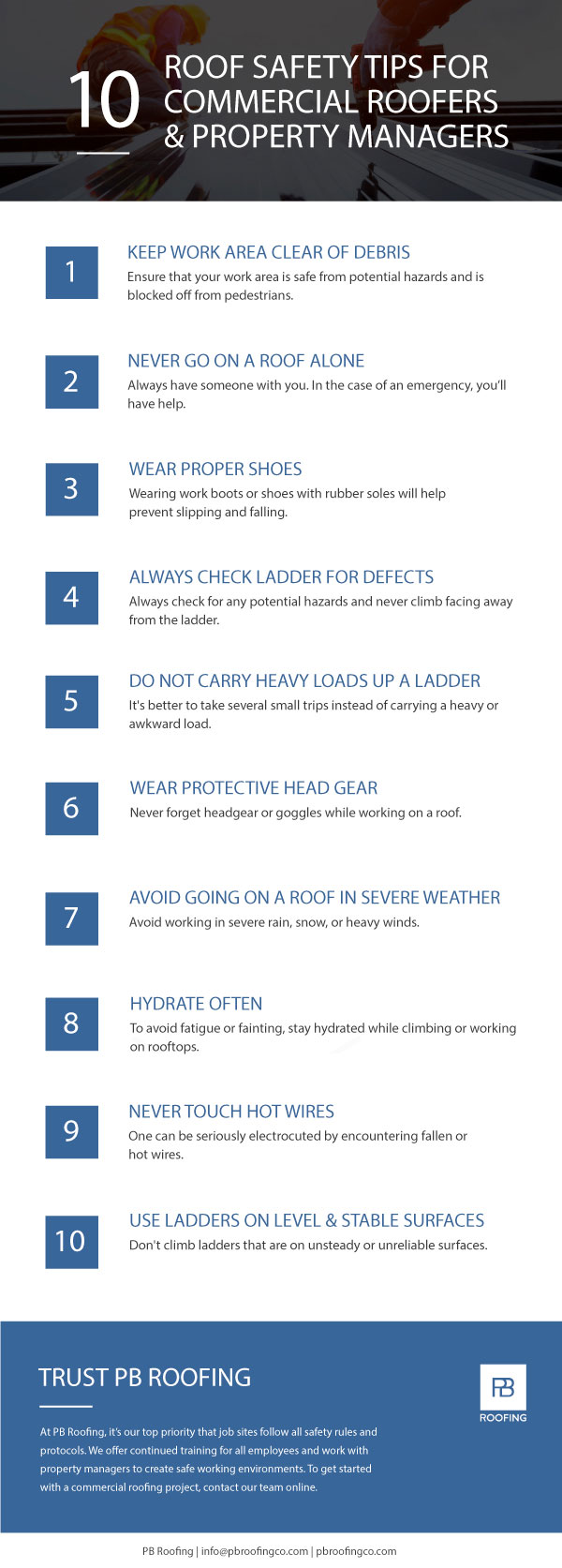
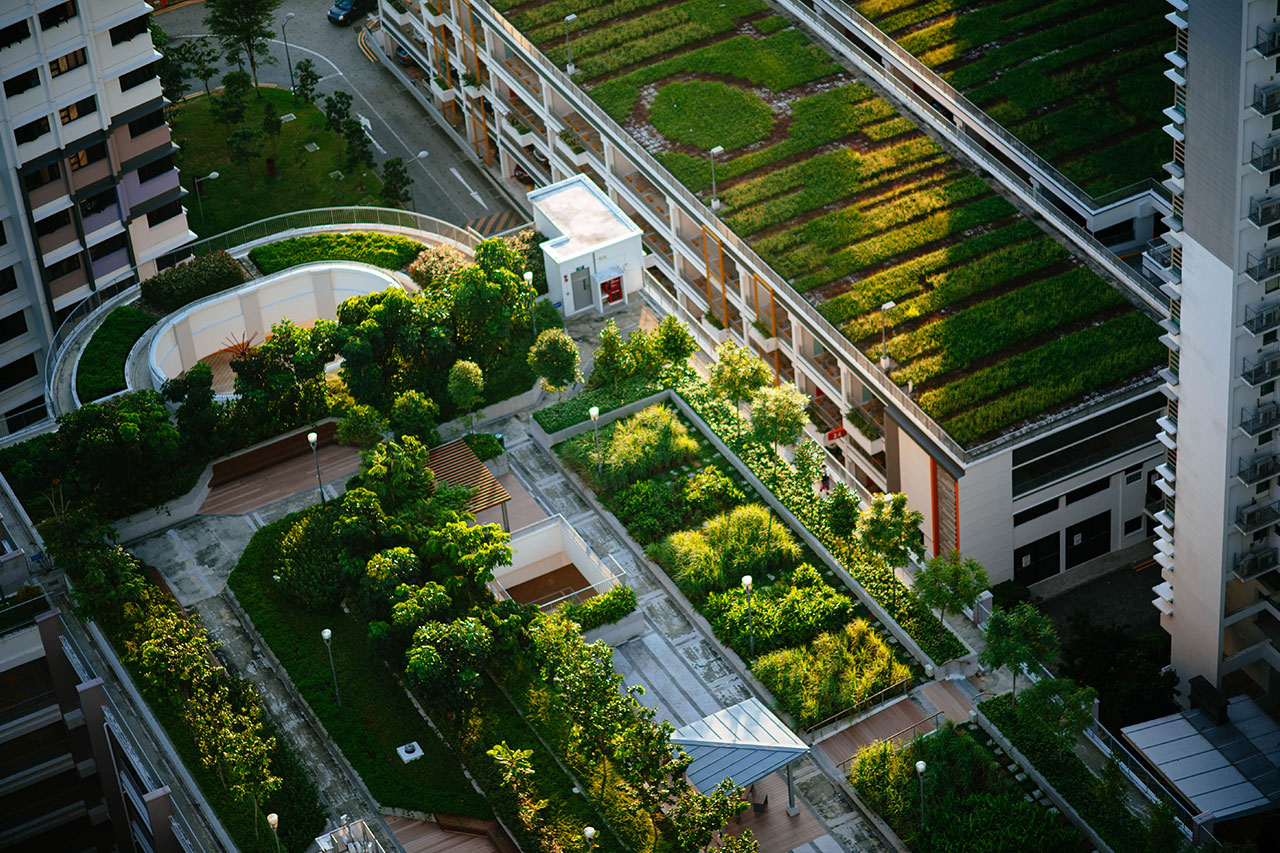
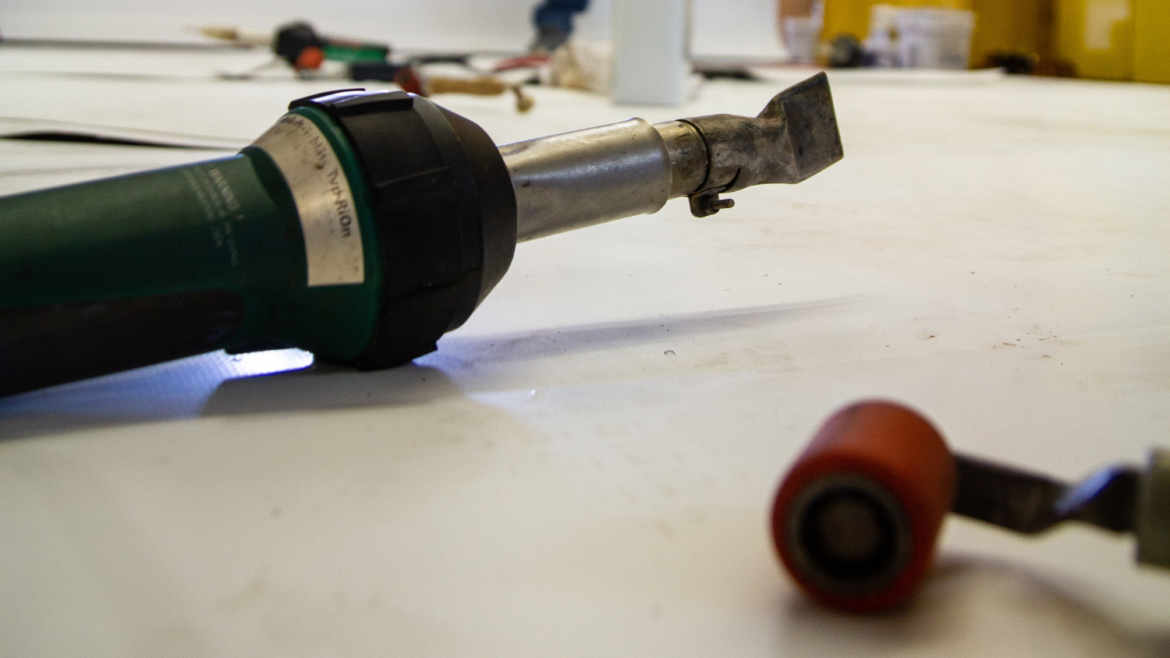
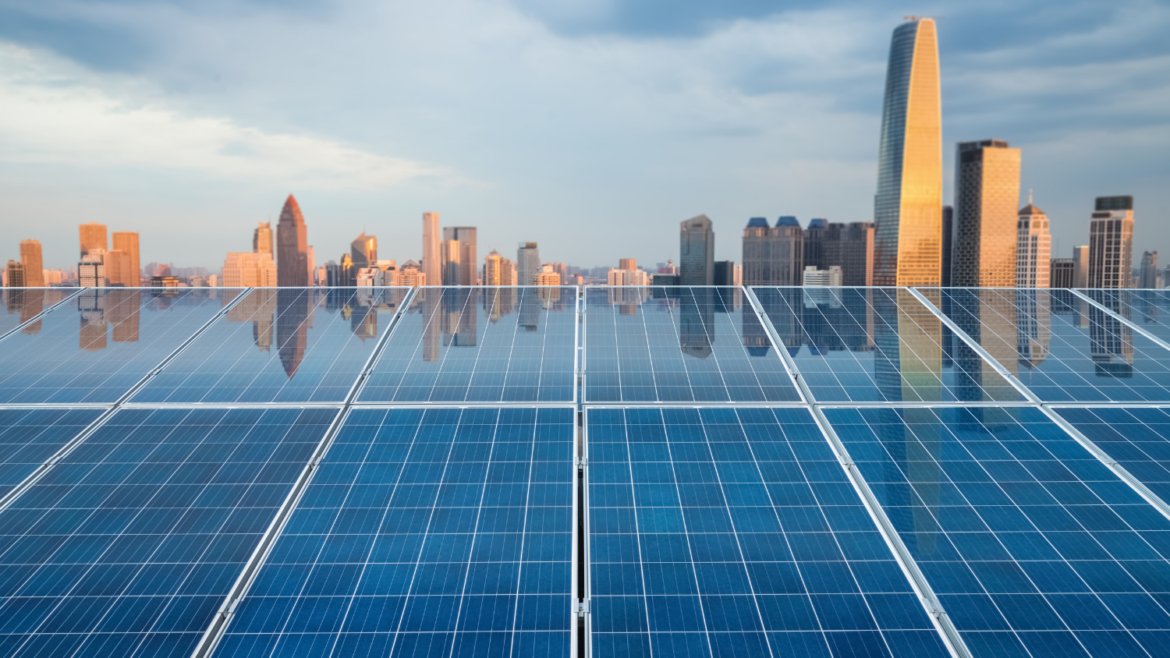
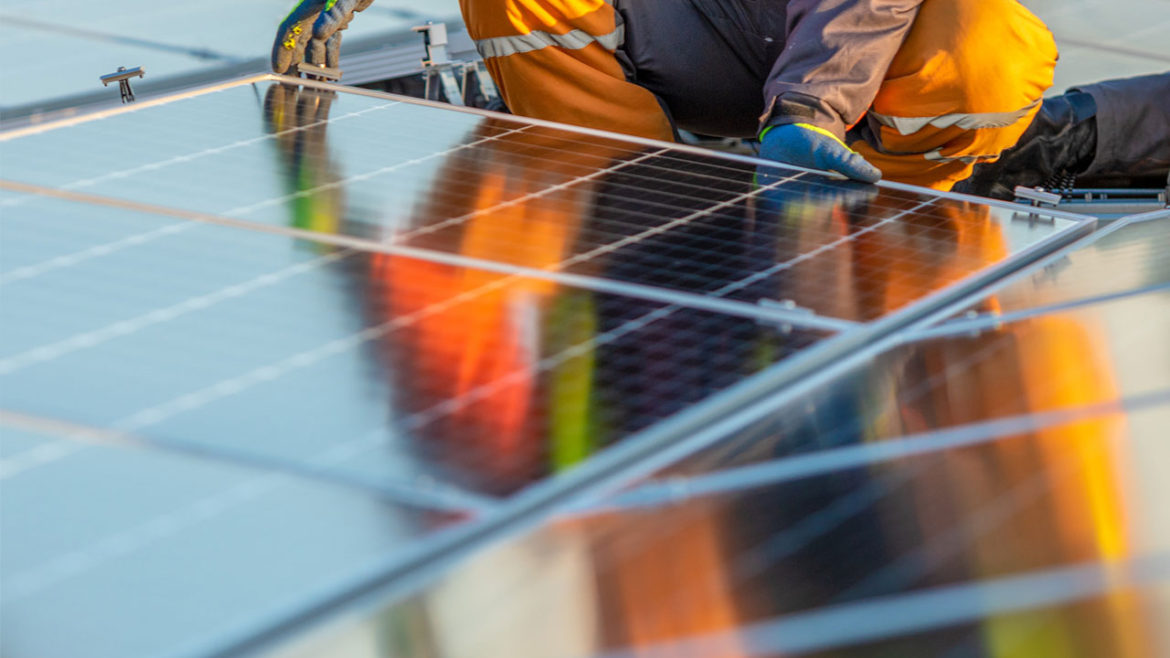
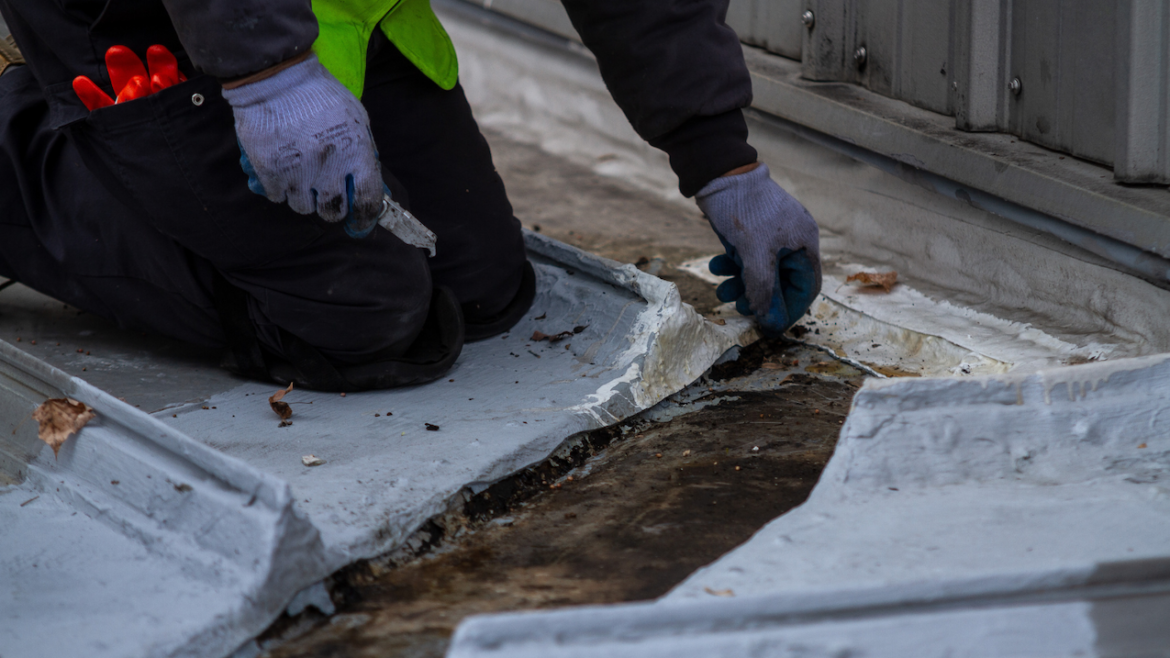
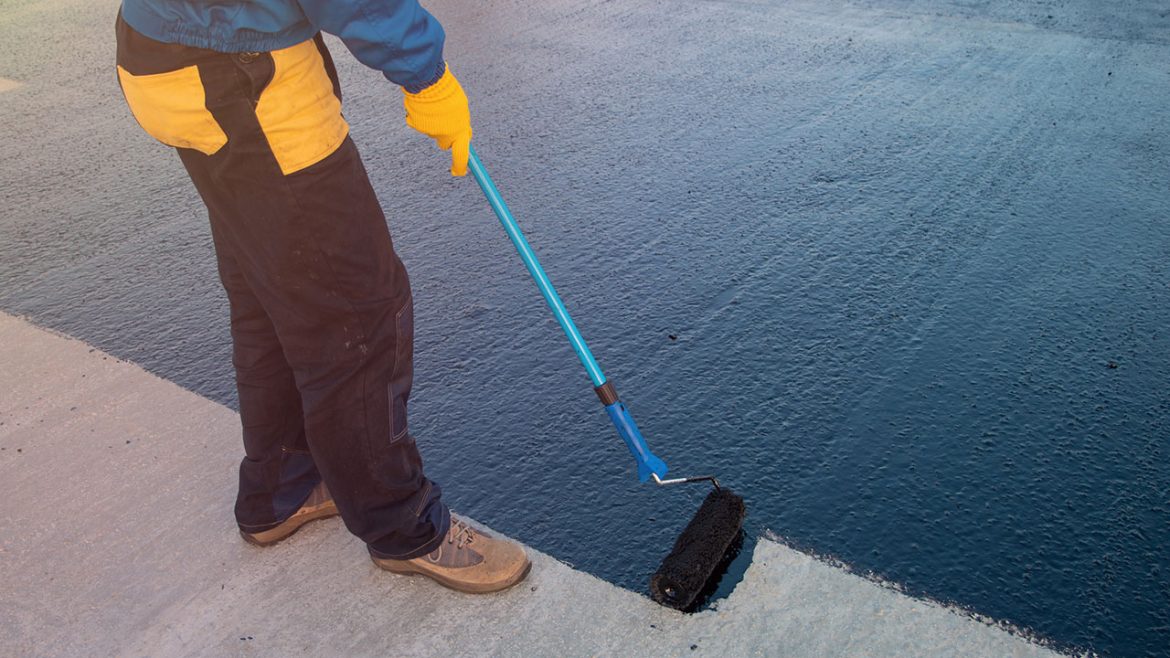
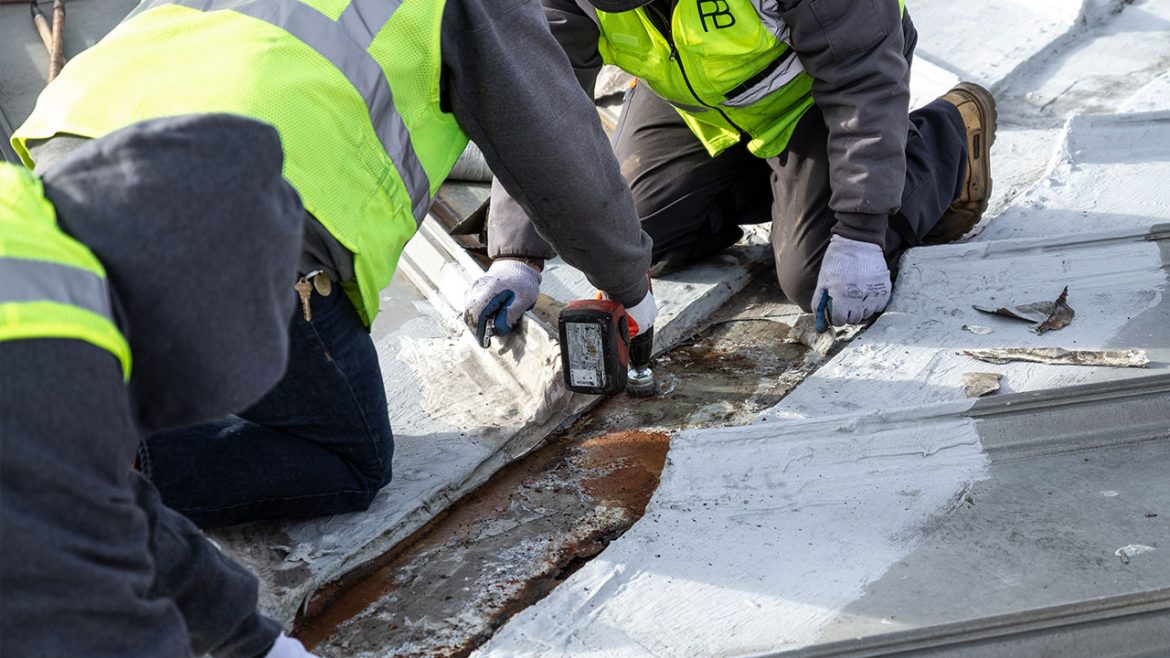
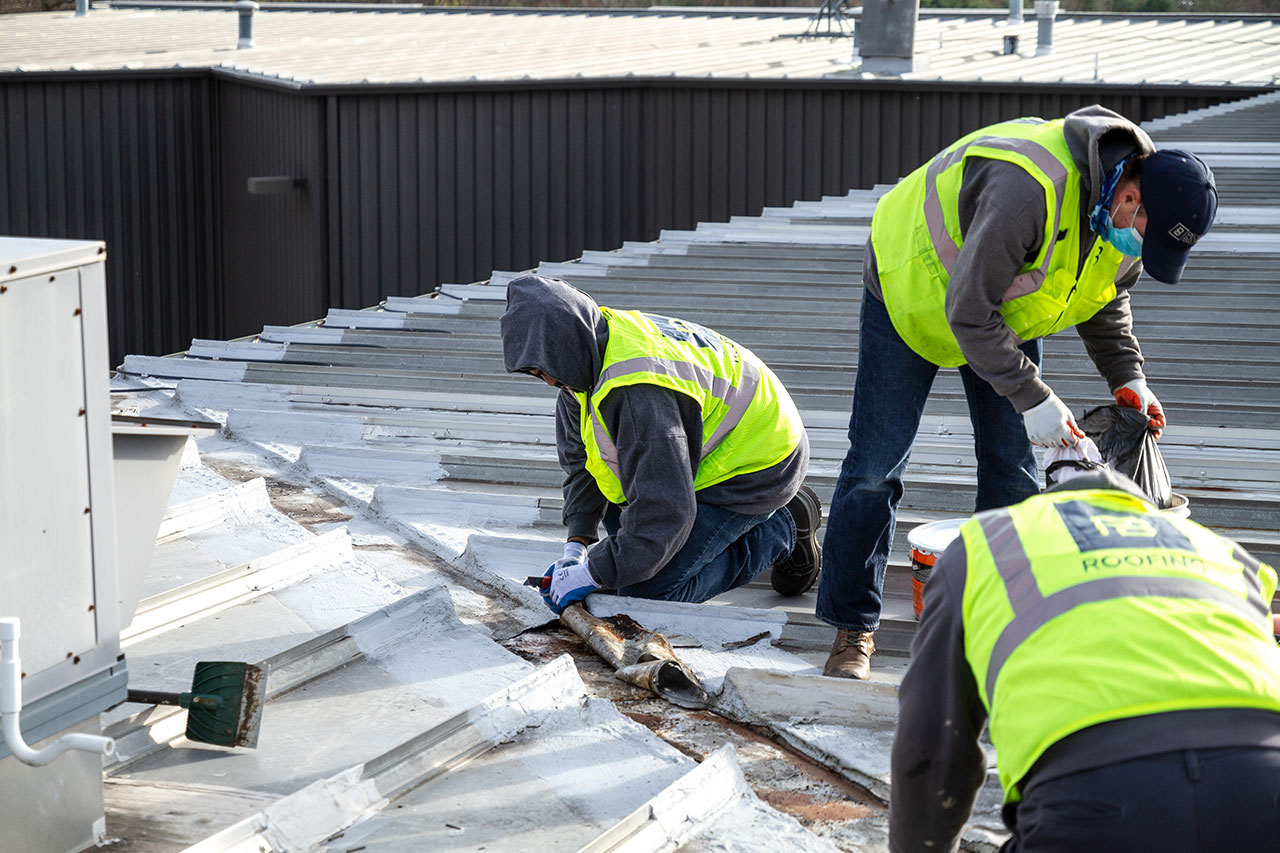 Types of Construction Jobs
Types of Construction Jobs